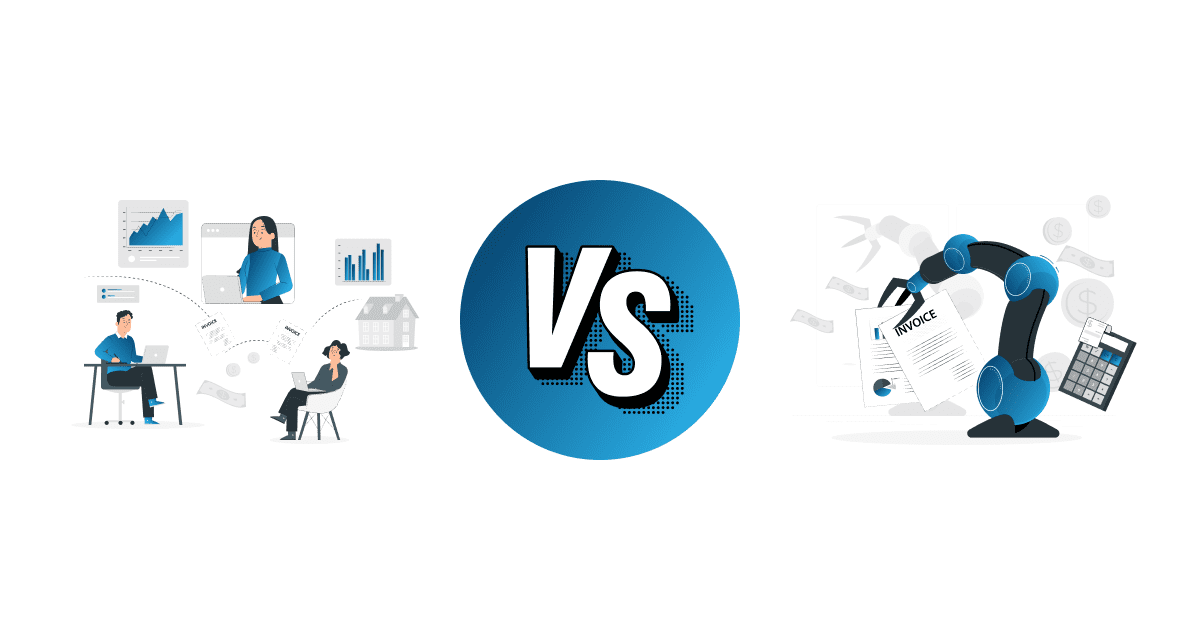As a durable medical equipment supplier, a deep understanding of the DME/HME industry will go a long way in fostering the sustainability and profitability of your business. Following the industry’s best practices ensures that your business stands out from the competition. Understanding the basic concepts of the DME/HME market is also crucial to help you navigate through audits and compliance medical billing outsourcing. Let’s see the things you need to know to run a home medical equipment business successfully.
DMEs, HMEs and DMEPOS
DMEs are durable medical equipment, and it’s often used as a blanket term for medical items like hospital beds, wheelchairs, CPAPS, ambulatory aids, commodes, and other items essential for supporting a medical need on an ongoing basis. Patients under the management of caregivers and family members use DMEs repeatedly. However, expendable items such as gloves, bandages, and irrigation kits are not part of DME.
Home medical equipment (HME) includes equipment and services used at home to assist patients in carrying out their day-to-day activities comfortably. DMEPOS are durable medical equipment plus prosthetics, orthotics, and related medical supplies. Patients can choose to buy or rent the equipment, and Medicare will only provide coverage if as a supplier you’ve enrolled with them.
For equipment to be reimbursable, it must have the following minimum standards set by Medicare:
- Withstand repeated use
- Used to meet a medical need
- Can be used at home
- Not useful for a person who is not sick/injured
- Has a lifespan of at least 3 years
Unless you’re an inpatient or recuperating in a skilled nursing facility, Medicare Part B. requires patients to cater to 20% of the cost of the equipment while the payor covers the rest. It’s important to note that Medicare covers particular prescriptions and supplies used along DME/HME such as nebulizers and lancets.
What is DME Billing?
DME/HME billing is the process of preparing, submitting, reviewing denied claims, and receiving reimbursement from the payors. The process begins as soon as DME/HME providers receive a patient in need of home medical equipment. First, providers perform patient pre-authorization and eligibility checks, followed by coding the equipment and filing claims.
The entire process is burdensome as each piece of equipment requires specific HCPCS codes. Because of the complex nature of the process, many providers grapple with lost revenue due to denied claims. Some have managed to circumvent DME billing issues by either outsourcing or using DME software.
Outsourcing DME Billing vs Using DME/HME Software
Since the billing process takes a significant amount of a provider’s resources, some organizations have chosen to either outsource the process or select the right automation solution to optimize the process. Outsourcing means trusting a third party with some or all parts of the DME billing process. While outsourcing is efficient and cost-saving for large DME suppliers, startups and mid-sized firms may not afford this model.
That is why they opt for a cheaper alternative to outsourcing, which is DME billing software. This solution is affordable, flexible, and versatile, giving full autonomy to the user, unlike outsourcing, where you don’t have full control of the process. Most DME automation solutions are cloud-based, enabling you to access your organization from anywhere at any time. You’re also not responsible for any upgrades to the system.

Take time to compare the benefits of HME software versus outsourcing medical billing and elect a solution that suits the needs of your company. For us, automation solutions triumphs over outsourcing in many areas. Whether you’re a veteran or a newcomer in the DME industry, you must keep abreast with evolving issues, such as compliance and billing regulations.
Conclusion
DME billing is central to the success of any durable medical equipment supply company. Proper billing is essential for creating consistent cash flow and minimizing losses. Doing billing the right way means choosing a strategy that is easy, efficient, and affordable. With the right tool, you eliminate billing errors, reduce administrative burdens, cut down overhead costs, and enhance patient satisfaction. Whether you choose to outsource or the HME software, ensure your billing process is streamlined and meets the unique needs of your organization.
